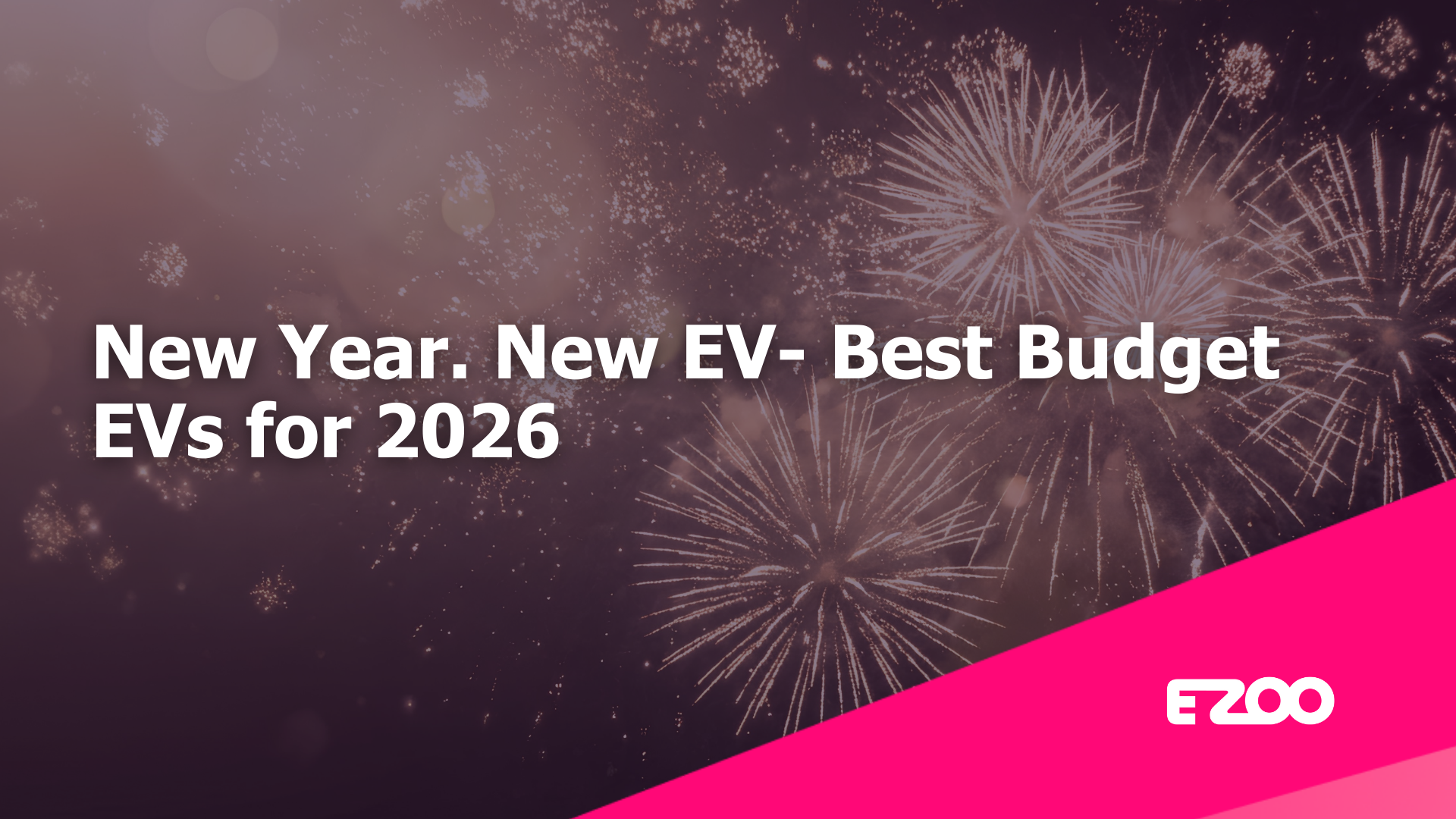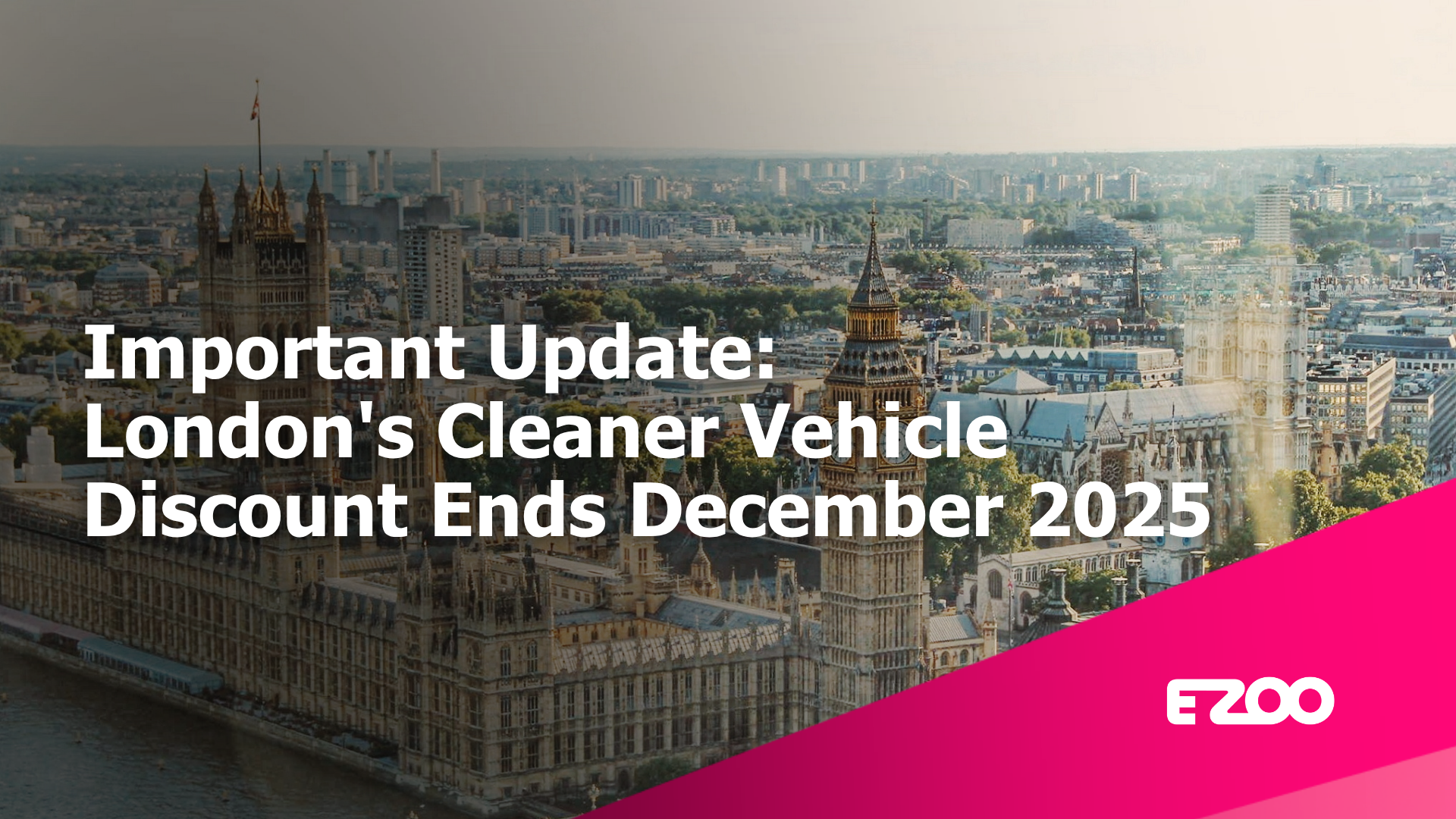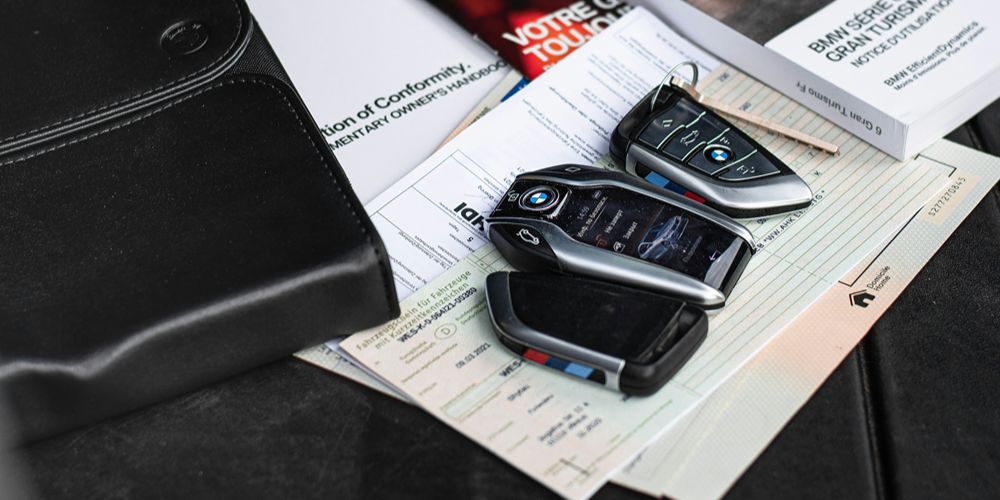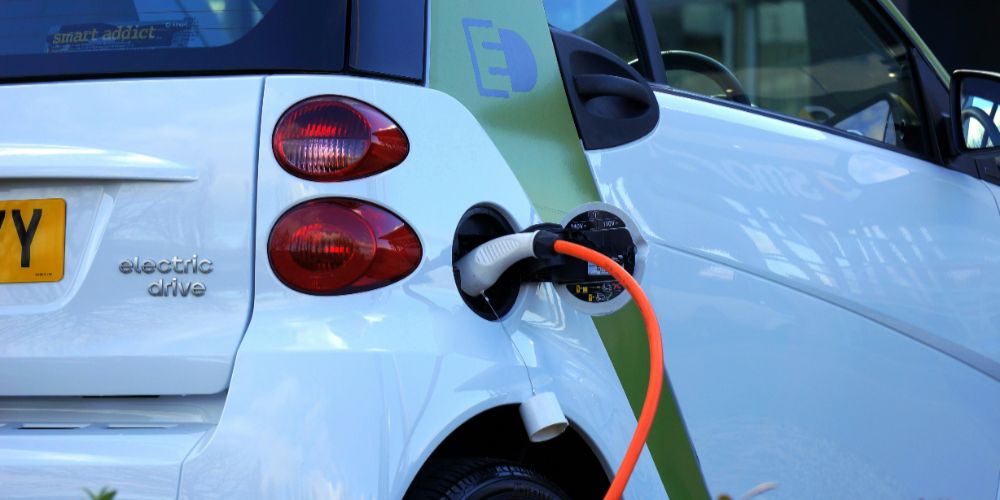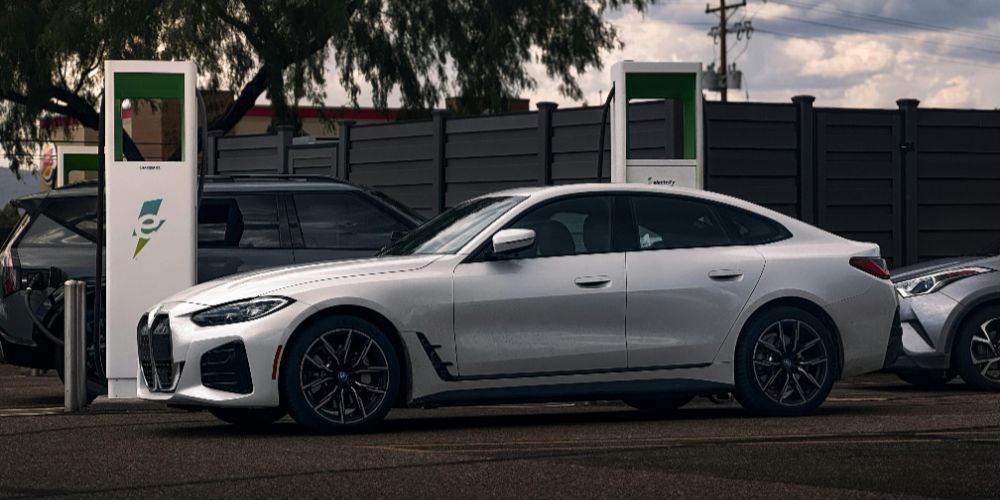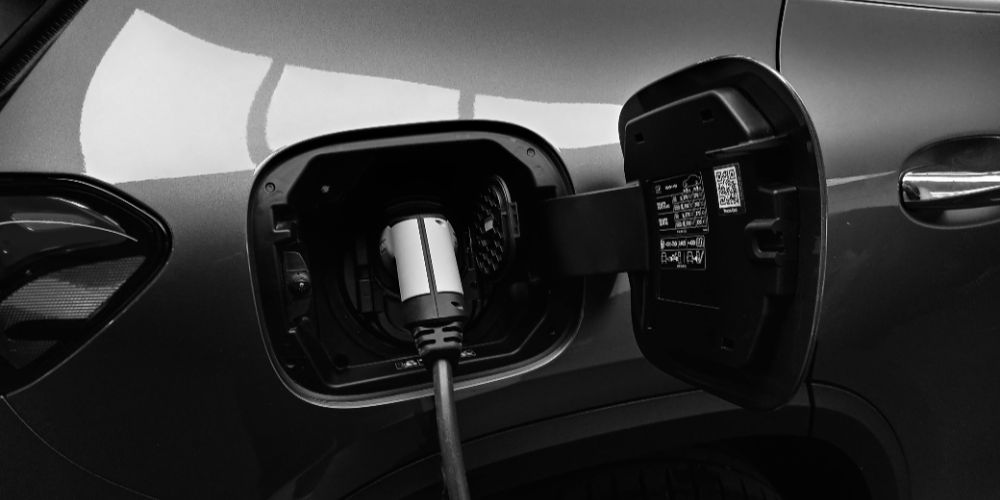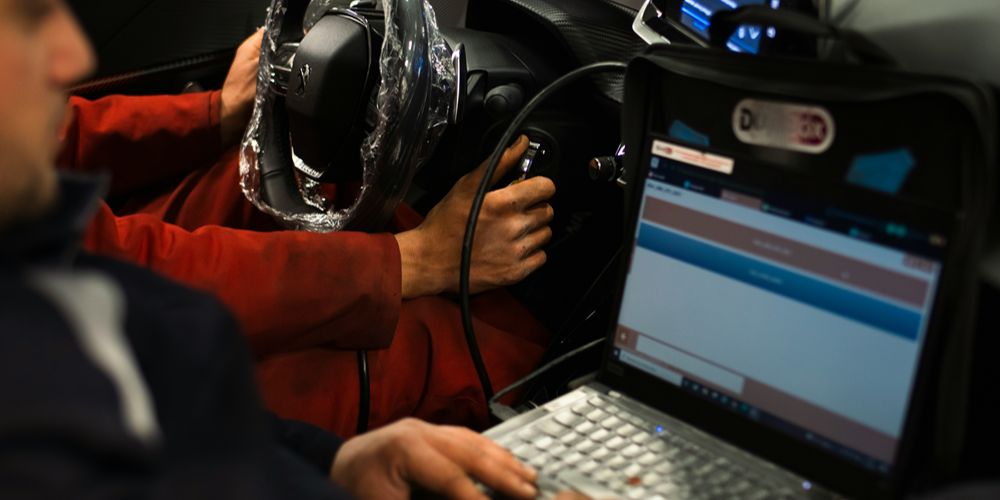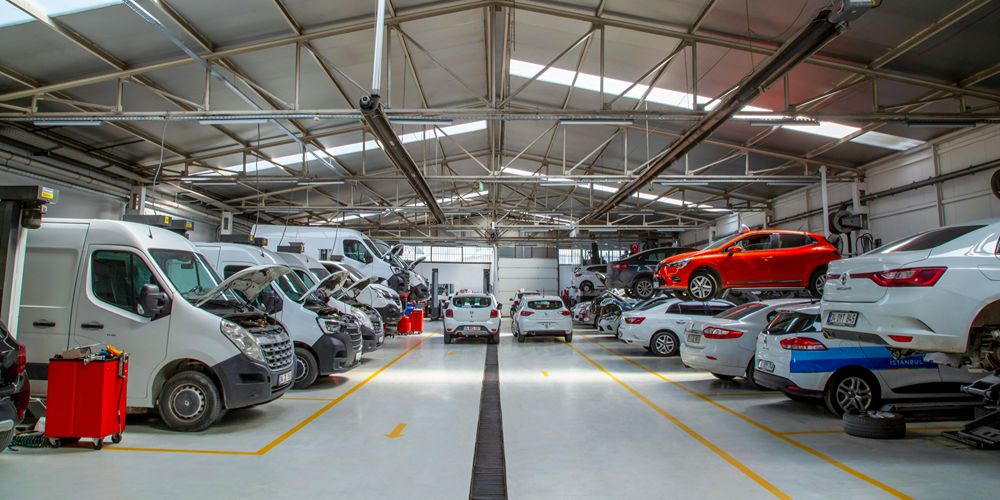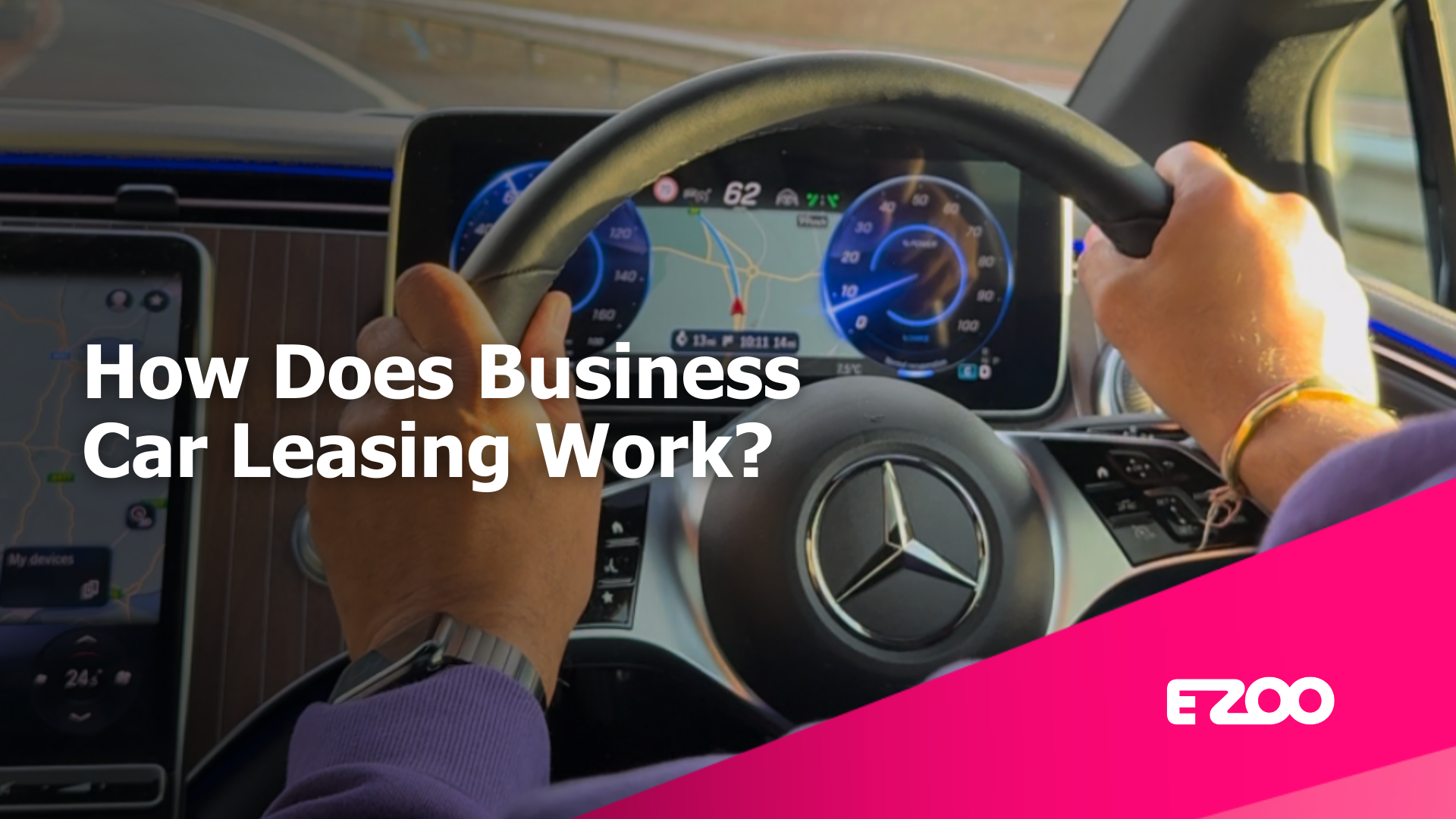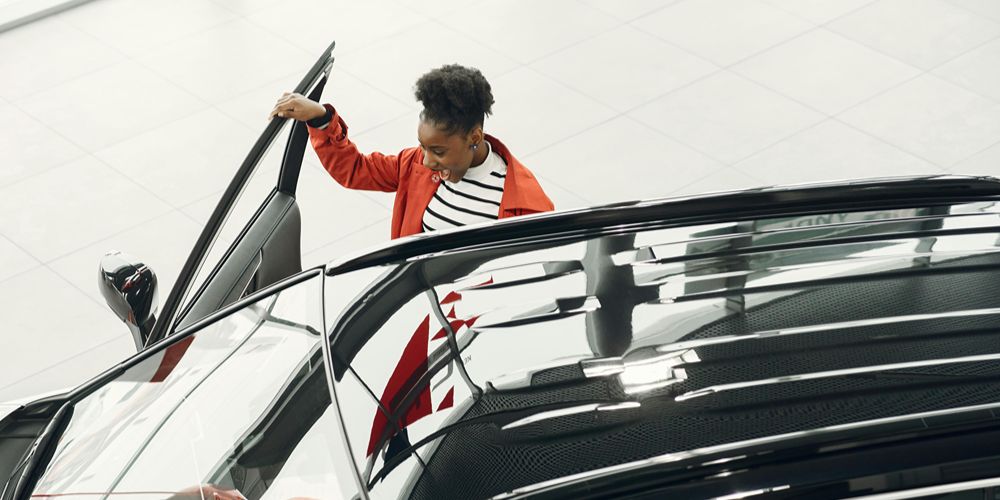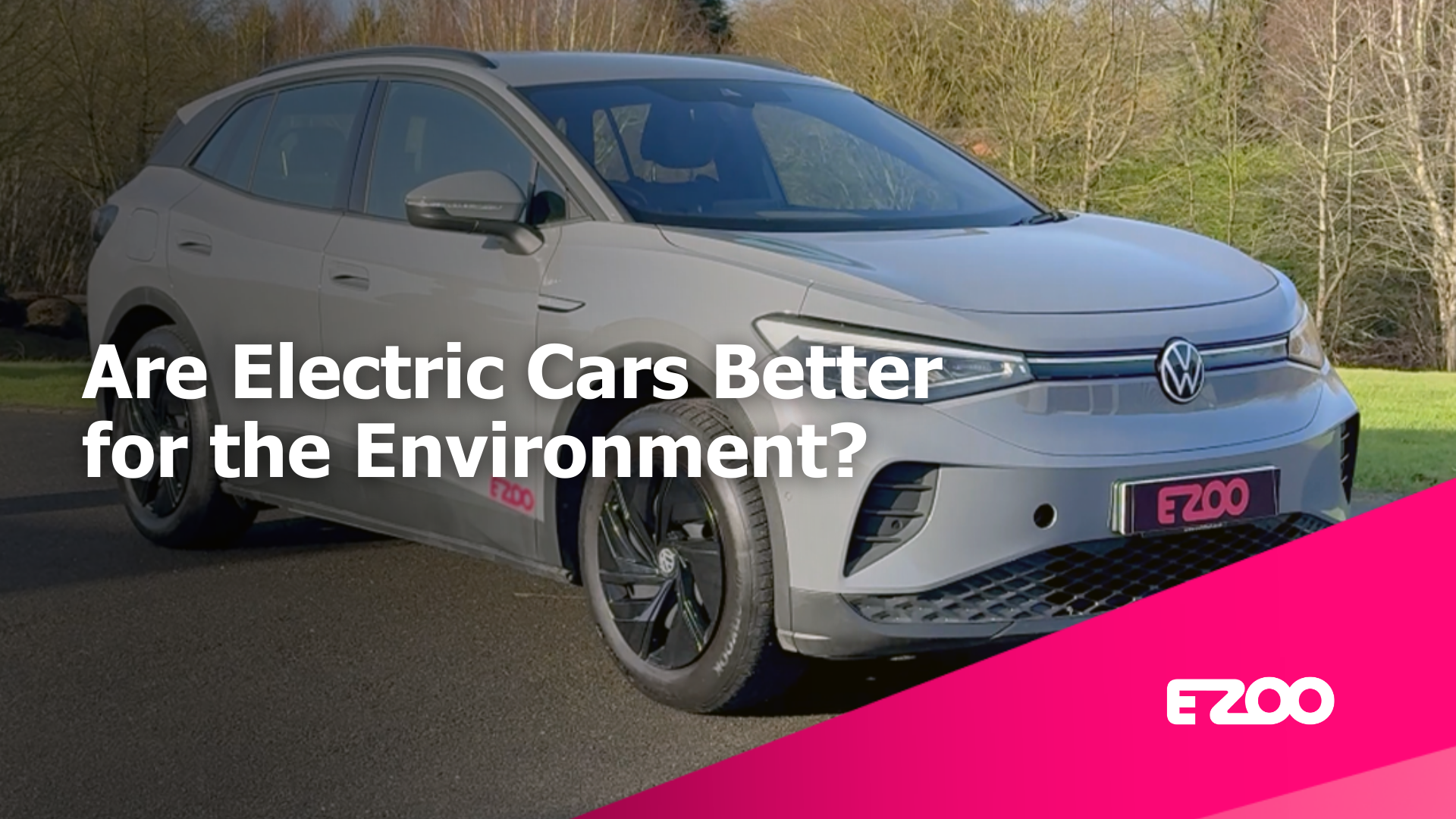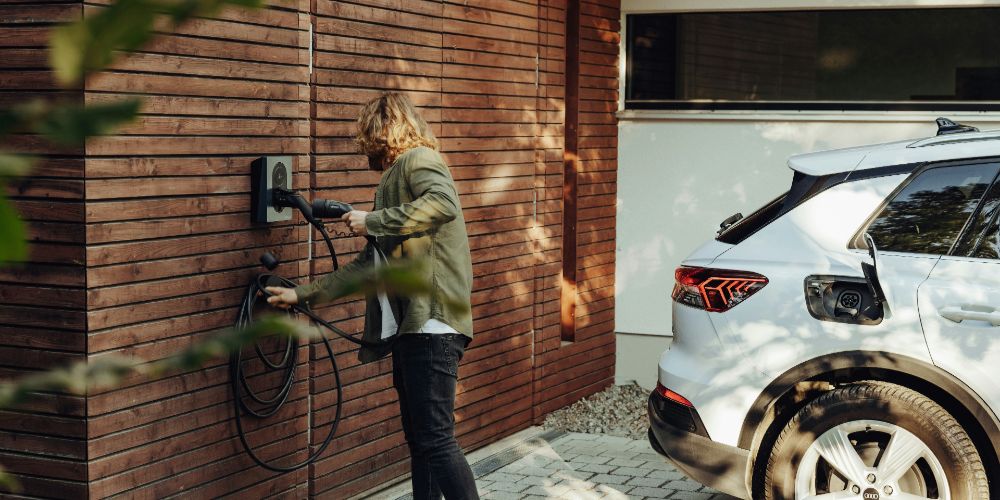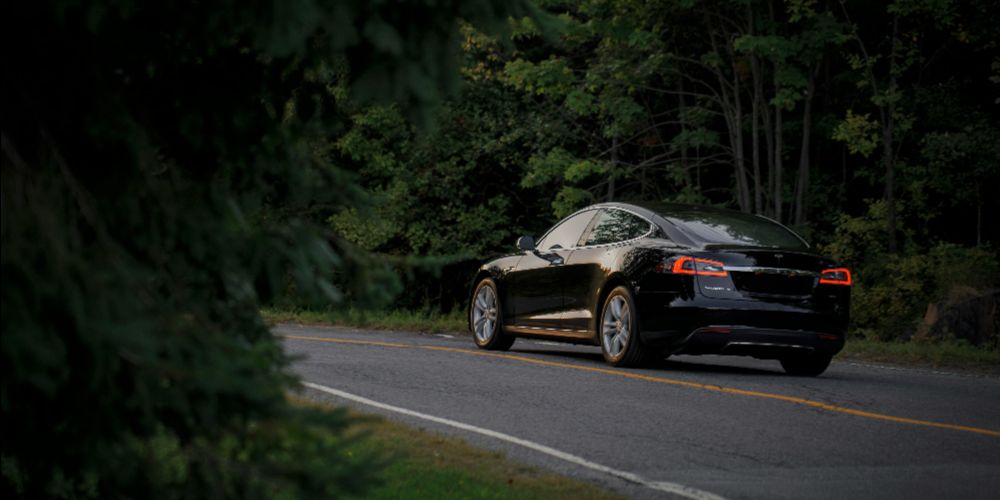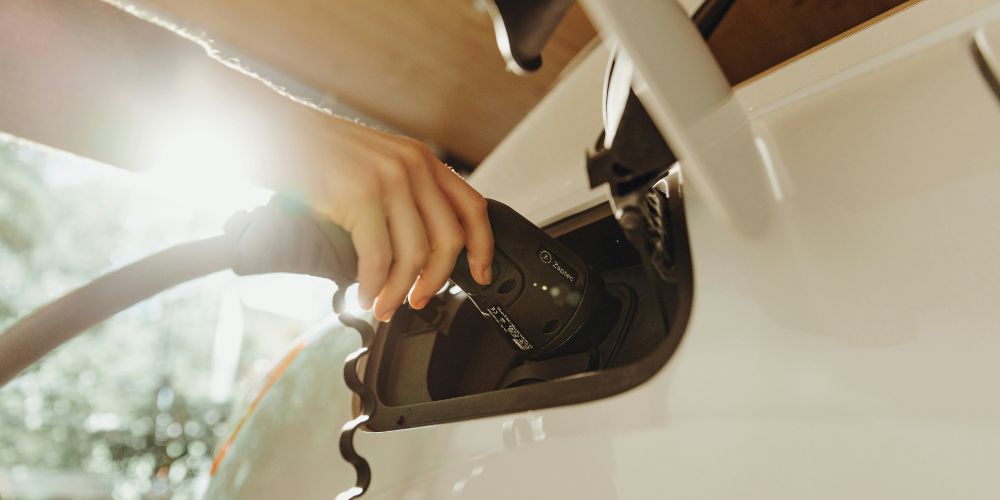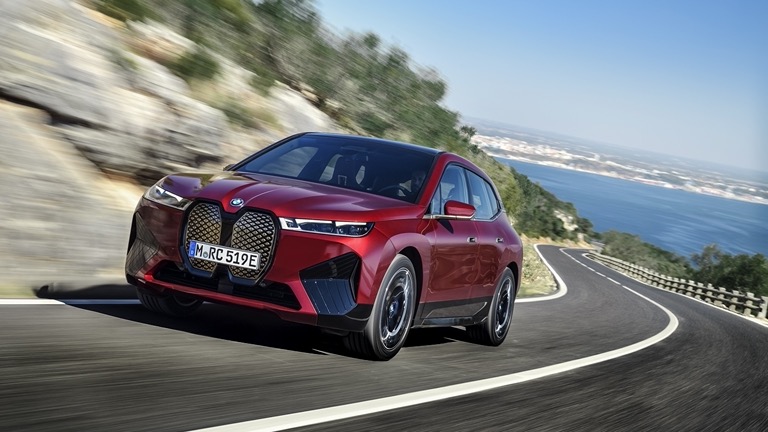A new year signals new beginnings—and in the world of electric vehicles, it also means better options at better prices. Heading into 2026, a new generation of budget-friendly EVs is making electric driving more accessible than ever. With improved range, modern features, and competitive pricing, these affordable models prove that making the switch to electric no longer requires a premium budget.
Peugeot e-208
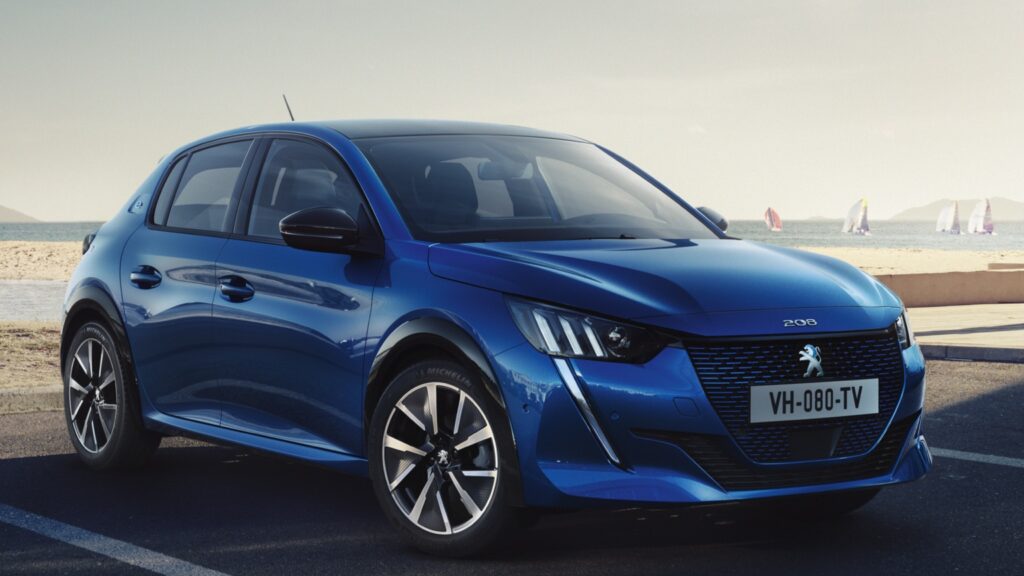
The Peugeot e-208 stands out as one of the most compelling compact electric hatchbacks available today — a stylish and practical EV that delivers strong range, modern technology, and everyday usability without demanding a premium price.
Features
- Futuristic three-claw LED lighting signatures
- High-Definition parking cameras
- 3D I-Cockpit
The Peugeot e-208 brings a distinctive sense of style, combining sculpted details with a compact, sporty shape. It looks dynamic and contemporary, offering plenty of personality while maintaining a clean, refined presence on the road.
Kia EV2
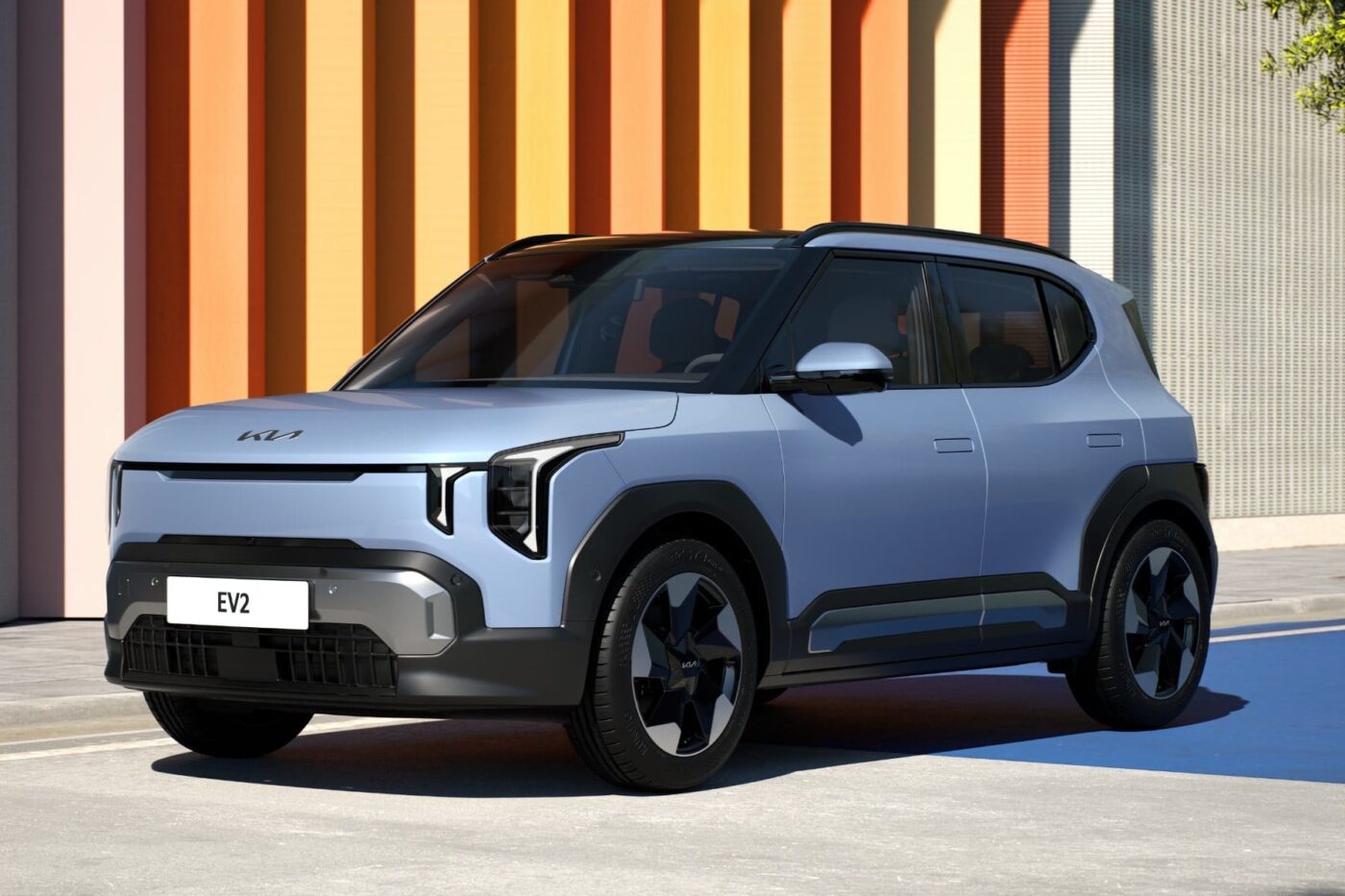
The Kia EV2 is shaping up to be one of the most intriguing small electric cars on the horizon — a smart option for drivers who want modern technology, everyday practicality, and efficient electric performance wrapped in a compact, forward-thinking design
Features
- “Star Map” Signature Lighting
- Triple-Screen Infotainment
- Spacious & Flexible Cabin
The Kia EV2 leans into a bold, city-focused design, mixing sharp angles with a solid, upright stance. It feels fresh and futuristic, offering standout character while still looking clean, practical, and ready for everyday driving.
Vauxhall Corsa-e
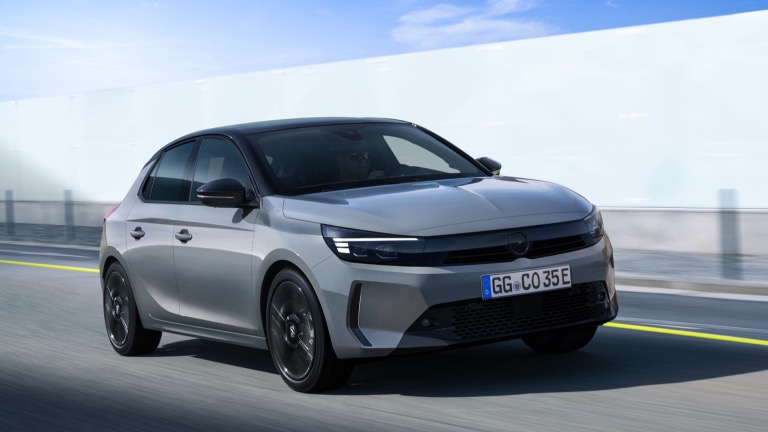
The 2026 Vauxhall Corsa-e combines everyday practicality with clever electric efficiency. Compact, easy to drive, and packed with modern tech, it’s a smart choice for city driving without sacrificing style or enjoyment.
Features
- LED ambient interior lighting
- Gloss black B‑pillars and window mouldings
- 16–17″ alloy wheels
If you want a car that looks smart and up to date, the Vauxhall Corsa-e delivers. Its design is bold yet balanced, with distinctive details that give it real character on the road. It feels stylish and confident, without going over the top.
BYD Dolphin
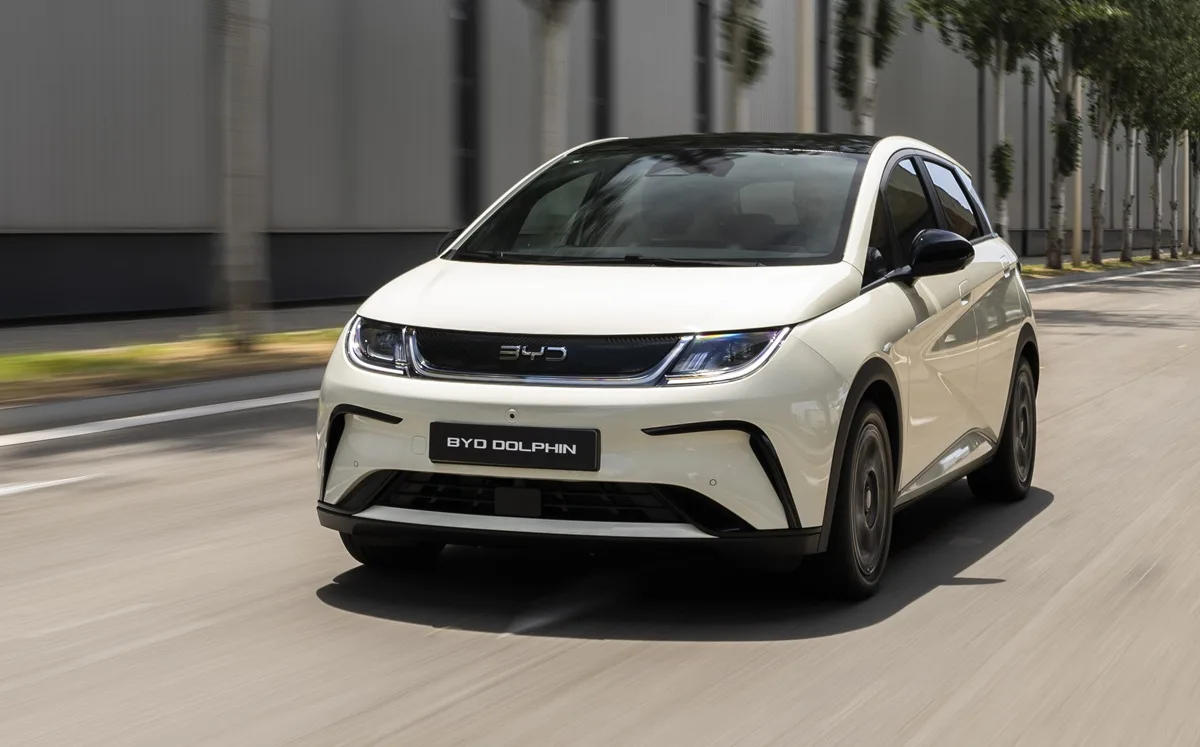
The BYD Dolphin offers a fun, modern take on electric mobility, pairing compact dimensions with surprising interior space and efficient performance. Designed with urban life in mind, it delivers everyday comfort and practicality in a cheerful, city-friendly EV package.
Features
- Floating Roof effect
- Rotating Touchscreen
- Blade Battery: BYD’s innovative battery, known for safety and long cycle life.
The BYD Dolphin is a lively and practical electric hatchback, blending quirky, modern styling with a roomy, comfortable cabin.
Leapmotor B10
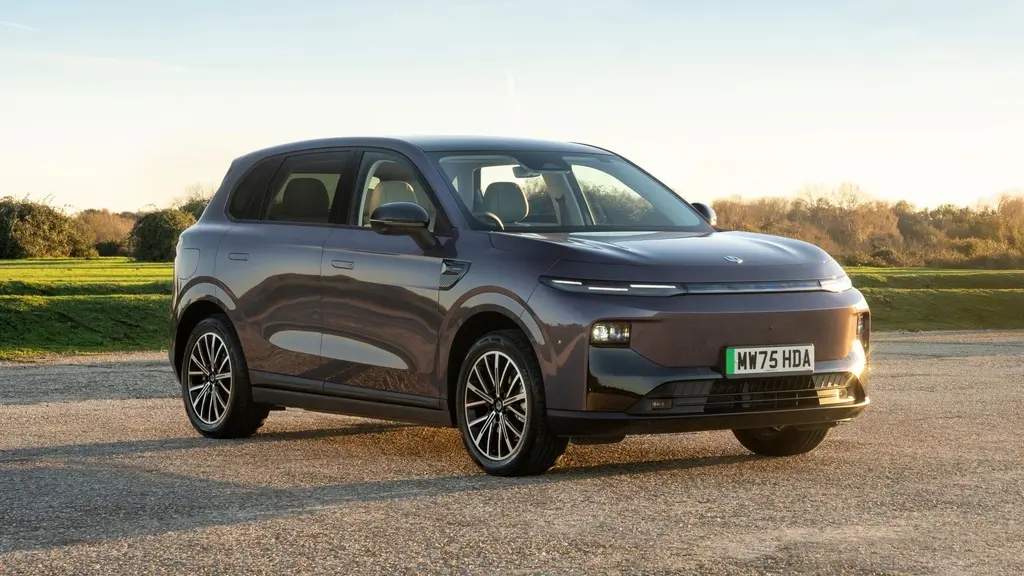
The Leapmotor B10 is an upcoming all‑electric compact SUV, poised to shake up the affordable EV market when it arrives. With modern tech, generous range, and strong value‑for‑money, it targets everyday drivers who want a well‑equipped, practical electric SUV without a premium price tag
Features
- Panoramic glass roof
- 360° Camera with Dynamic Guidelines
- LED Auto Headlights
The Leapmotor B10 is carving out its place in the EV world as a stylish and tech‑savvy compact SUV. With a futuristic cabin, smart features, and a focus on practicality, it promises a fresh, accessible electric driving experience for city streets and beyond.
Finding the best EV for you
Ultimately, the best electric car to lease is the one that fits your life. Whether you prioritise affordability, space, performance, or luxury, there’s an EV out there that’s perfect for your needs.
With electric car lease deals through EZOO, you’ll get access to the UK’s widest range of electric vehicles, all-inclusive pricing, and expert support from start to finish. No upfront costs, no hidden fees – just a straightforward, hassle-free way to drive the latest electric cars.

